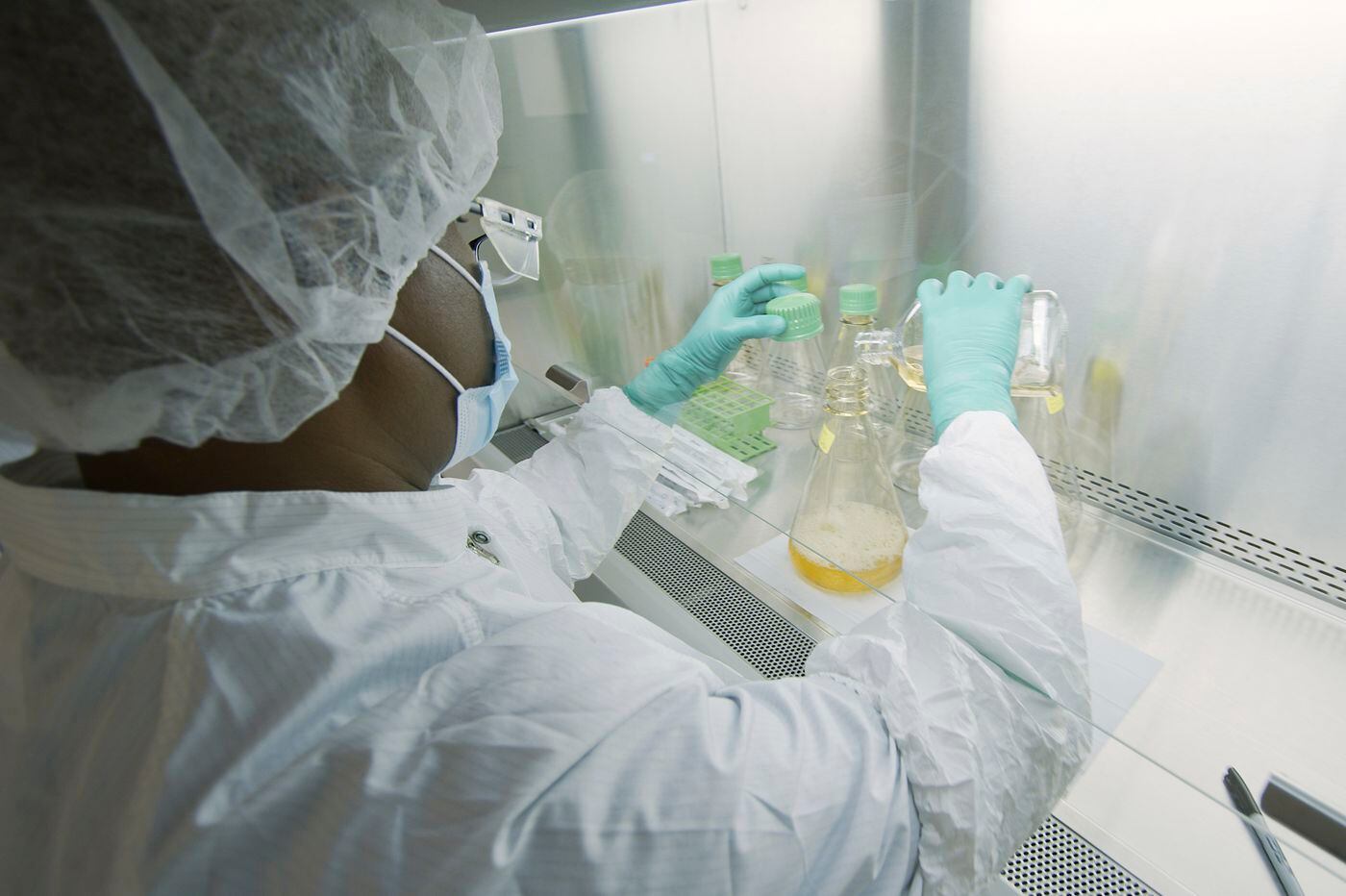
PHILADELPHIA INQUIRER — Like so many treatments tried during the pandemic, monoclonal antibodies are not magic bullets. They pose logistical, medical, and ethical challenges that could reduce their availability—and patients’ demand for them.
These laboratory-made proteins, which mimic the natural antibodies produced by the body, are treatments for newly diagnosed people who have mild to moderate COVID-19 symptoms, but an elevated risk of worsening and hospitalization. Eligible patients are over age 65, or obese, or have chronic health problems—or all of the above. The thing is, there is no sure way to predict who will need hospital care, and even high-risk people are very unlikely to get that sick.
Getting antibody treatments is not as easy as swallowing pills. The drugs must be given intravenously in a hospital or infusion center. That’s tricky because contagious COVID-19 patients are a danger to other patients, particularly immune-compromised patients getting intravenous chemotherapy.
“We don’t want people running to the emergency room to get this therapy. We don’t want people running to infusion centers, where there are patients with cancer,” University of Pittsburgh physician Walid Gellad told NPR. “And we don’t want them running to their primary care doctor’s offices that are not set up for these infusions. It is not clear at all where the infusions are going to happen.”
The hour-long infusion, and the rather small chance of benefit, has made recruiting patients for the trials challenging.
Read full story
Photo: In this May 2020 photo provided by Eli Lilly, a researcher tests possible COVID-19 antibodies in a laboratory in Indianapolis. David Morrison / AP
See also:
Trump, Carson tout covid-19 treatments as lifesavers. But regular people find them harder to get.
THE WASHINGTON POST - Carson, Christie, and Trump all got the drugs under “expanded access” programs before they were authorized by the Food and Drug Administration. Health experts worried their experiences would give Americans the wrong impression about the drugs’ availability.
“The president will not be calling Regeneron so that your grandmother can receive the therapy,” Walid Gellad, director of the University of Pittsburgh’s Center for Pharmaceutical Pharmaceutical Policy and Prescribing, wrote.
11/25/2020